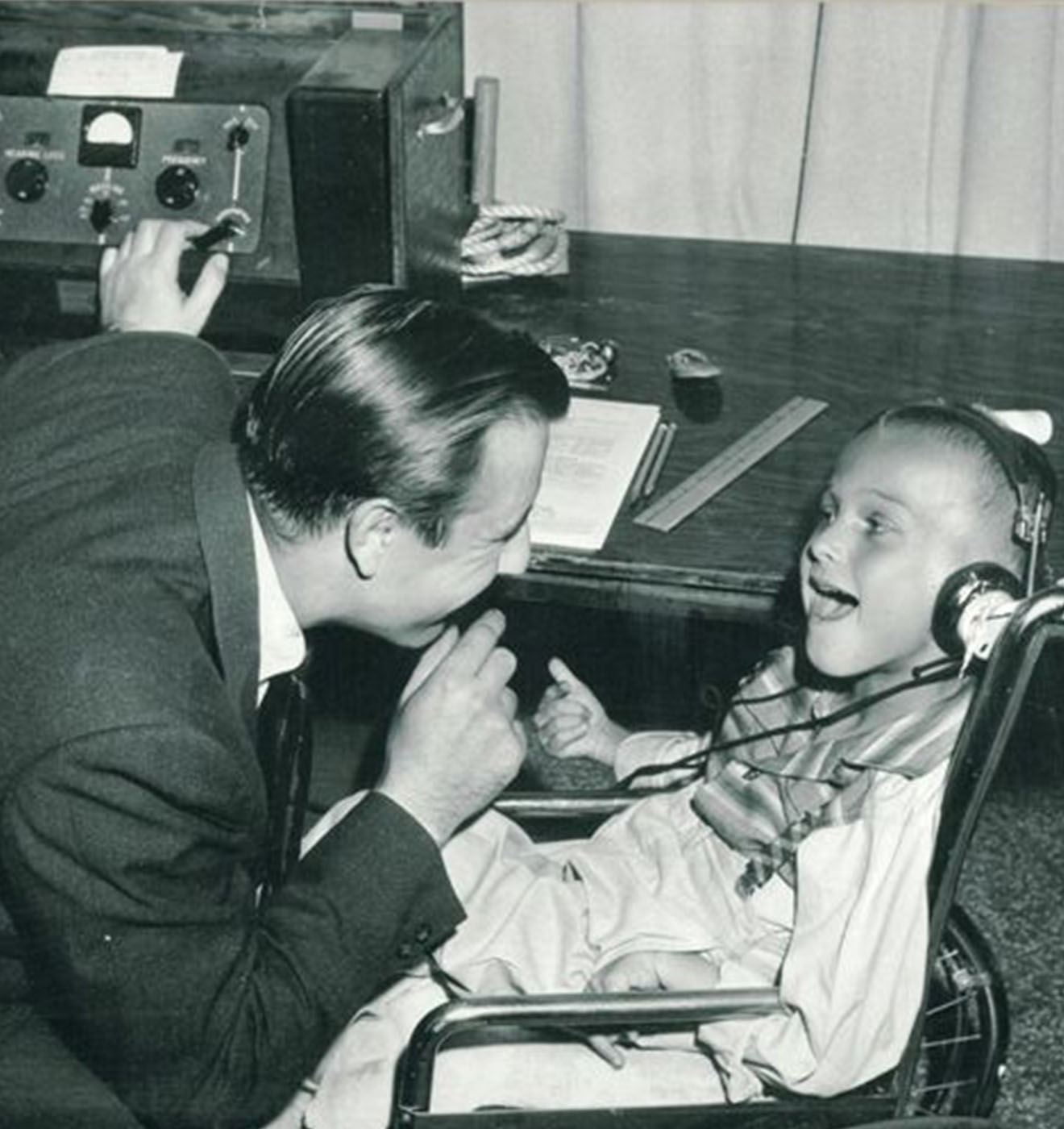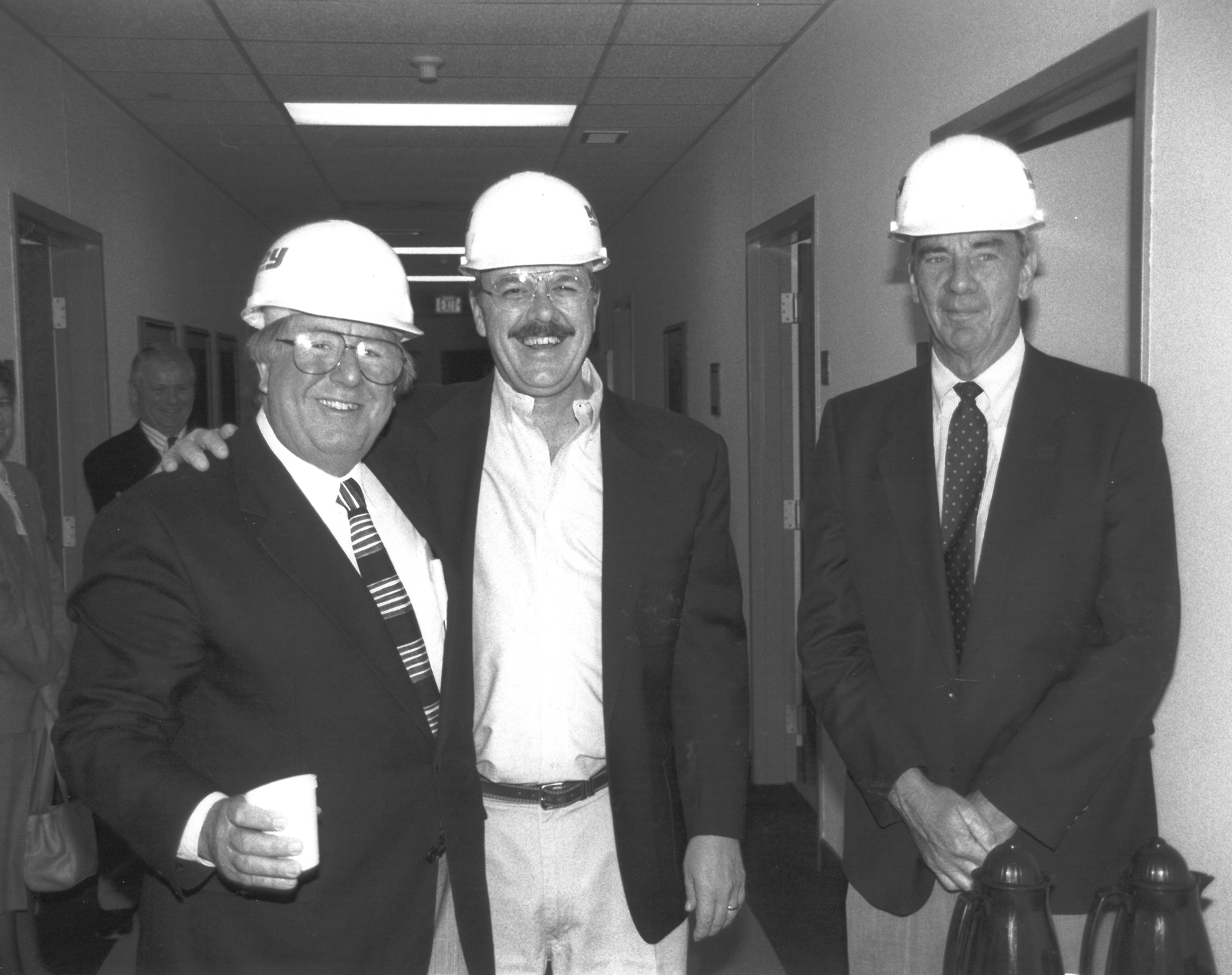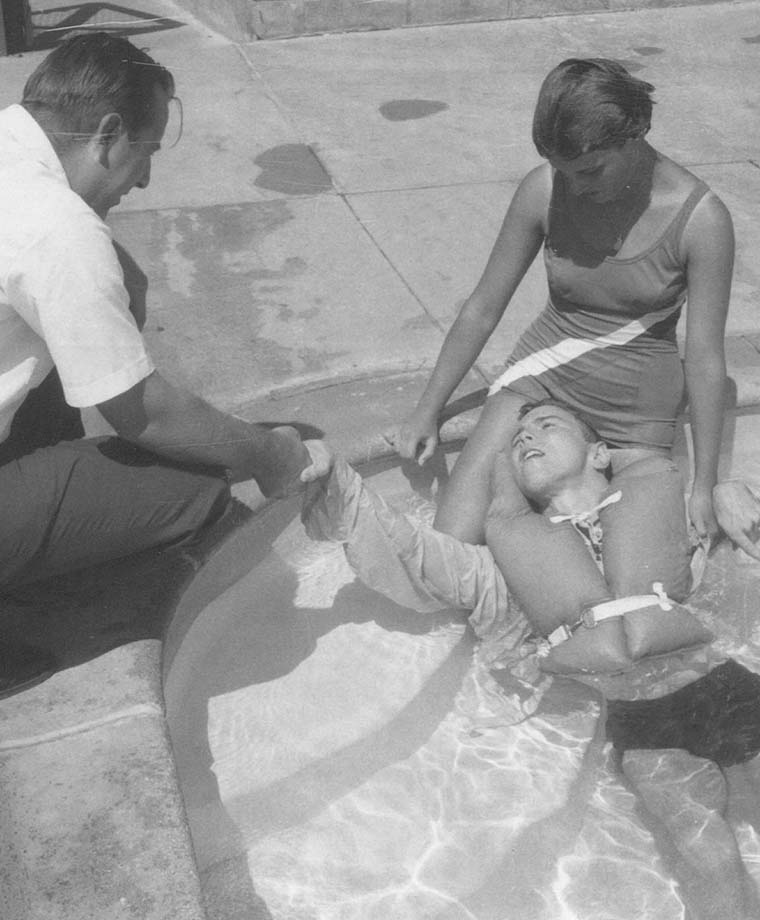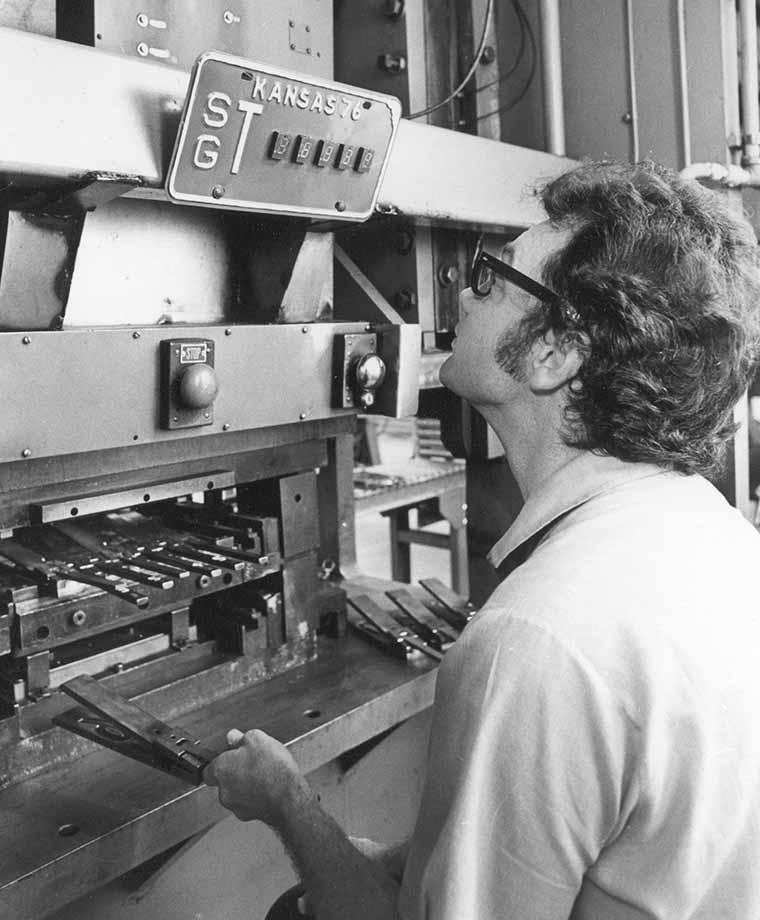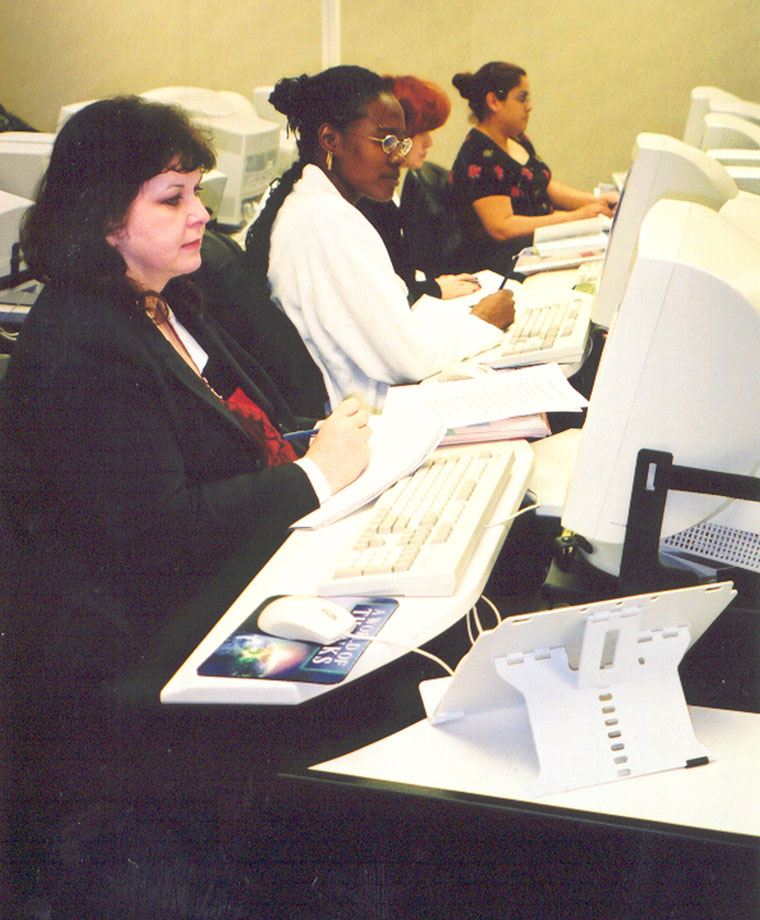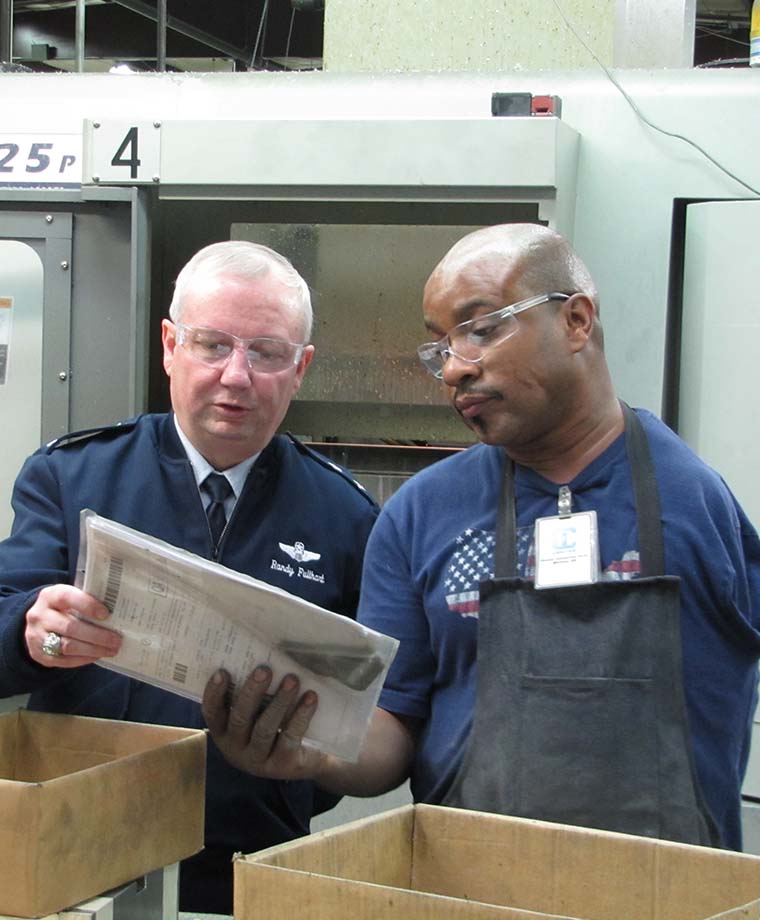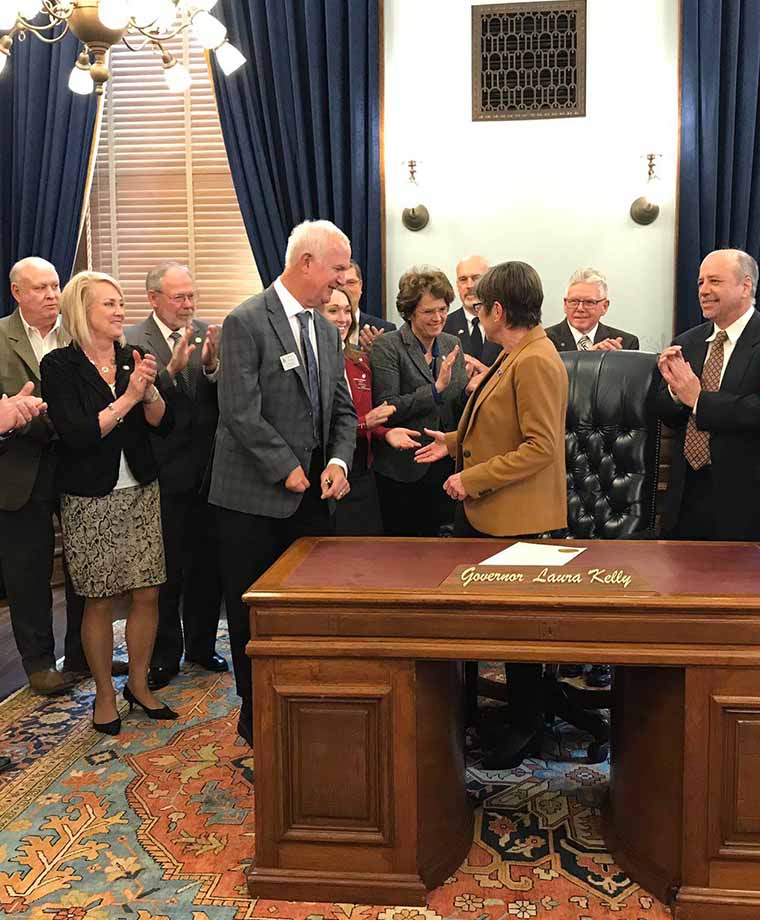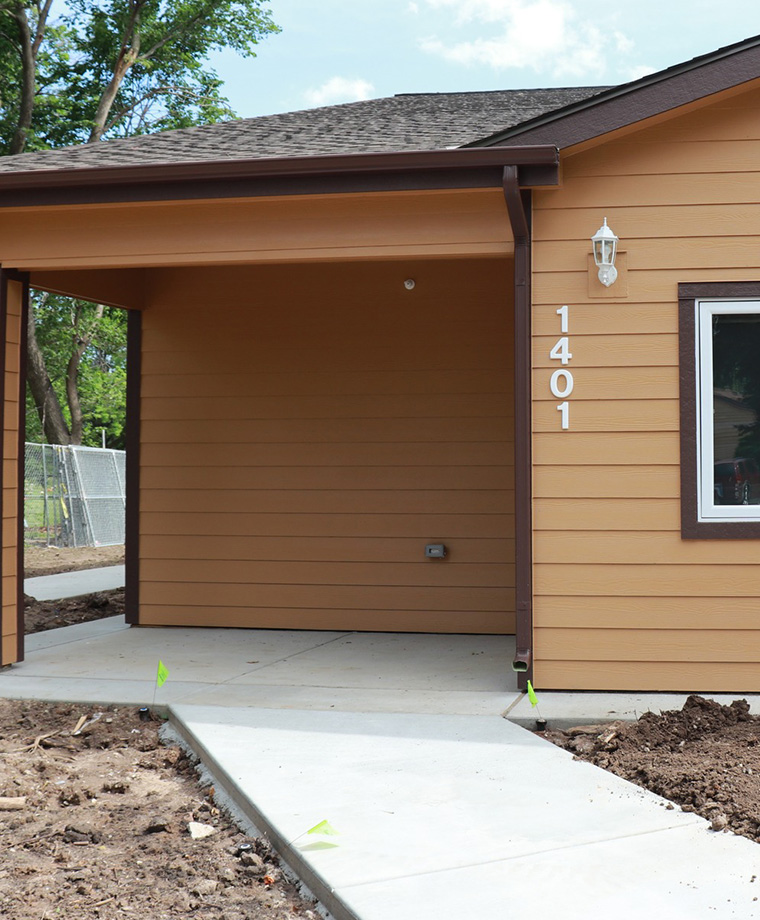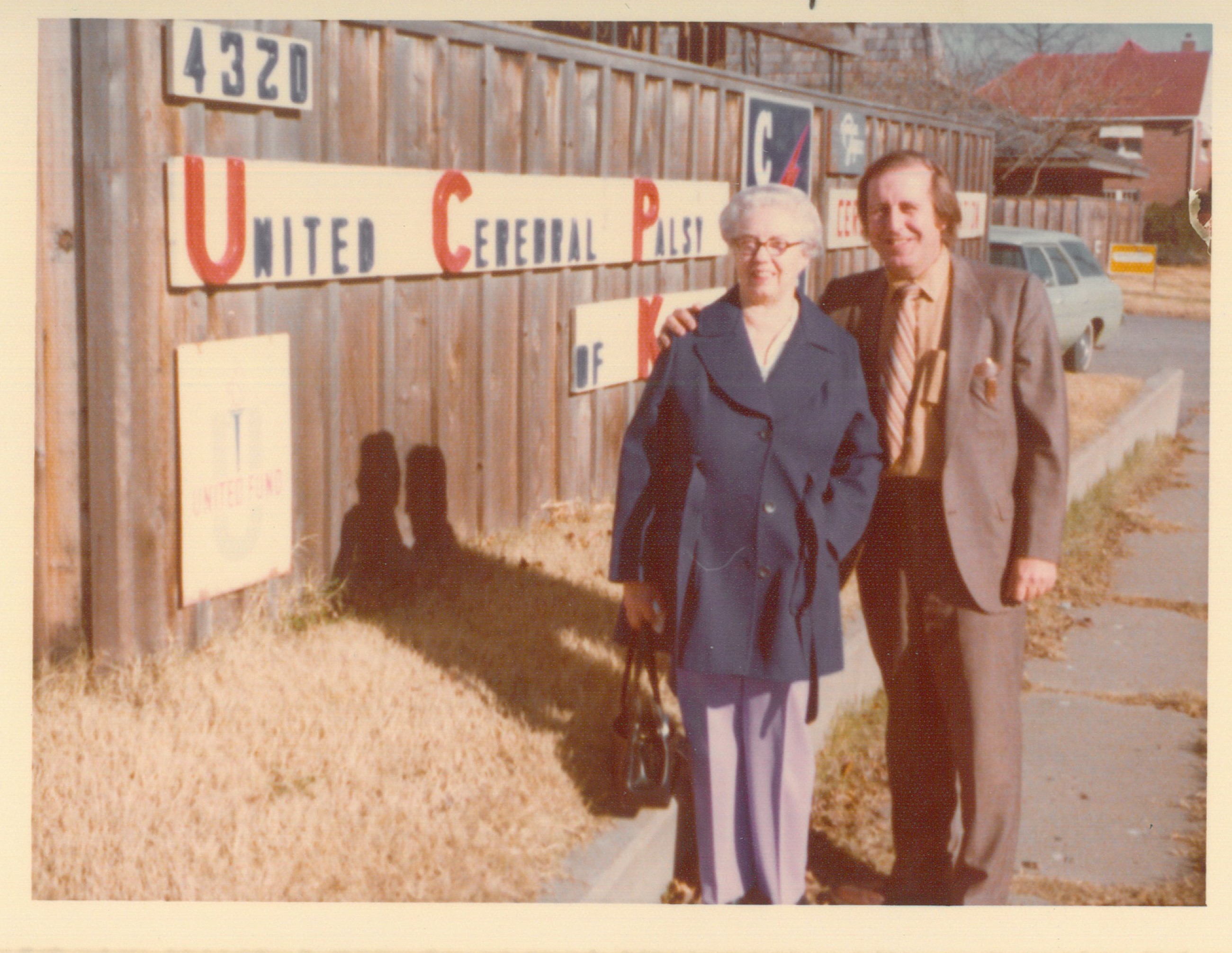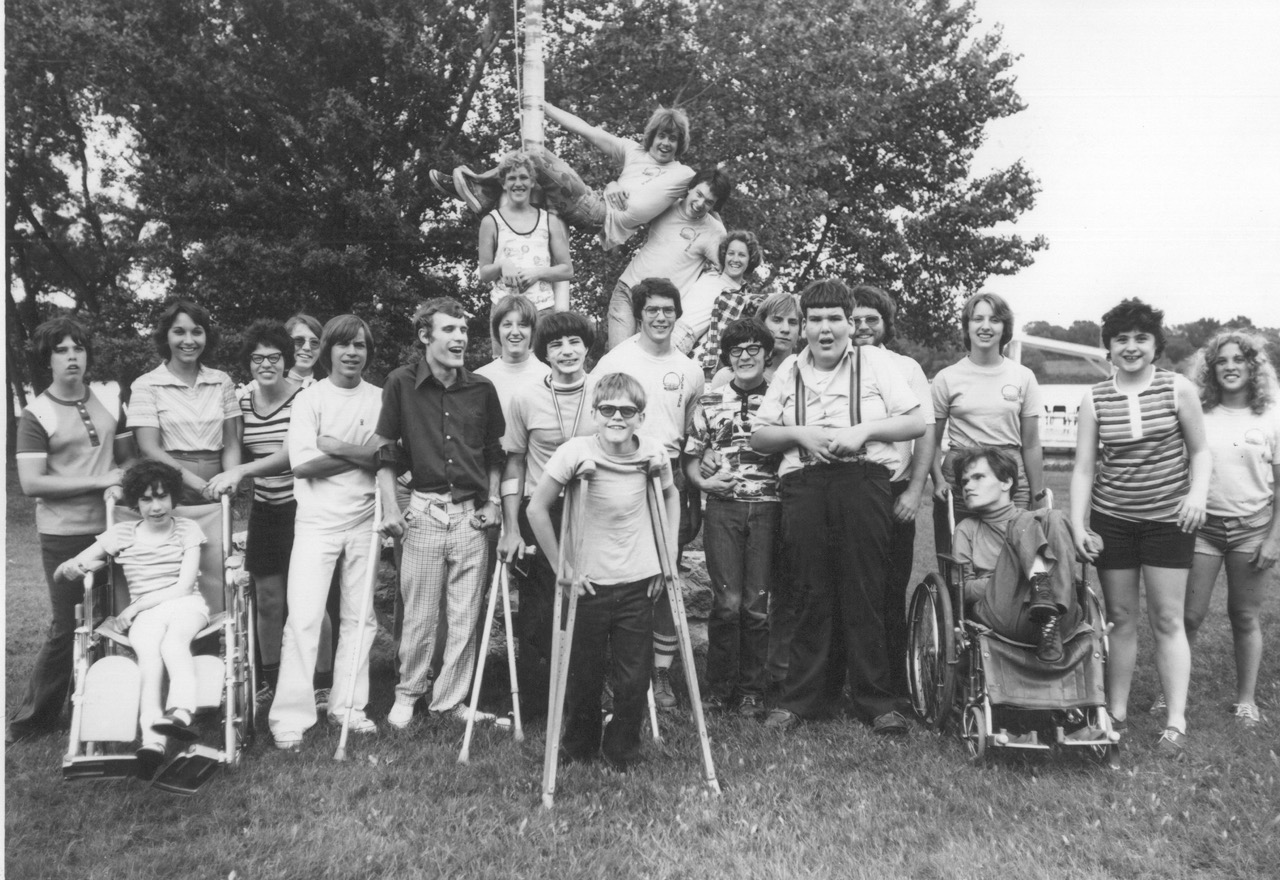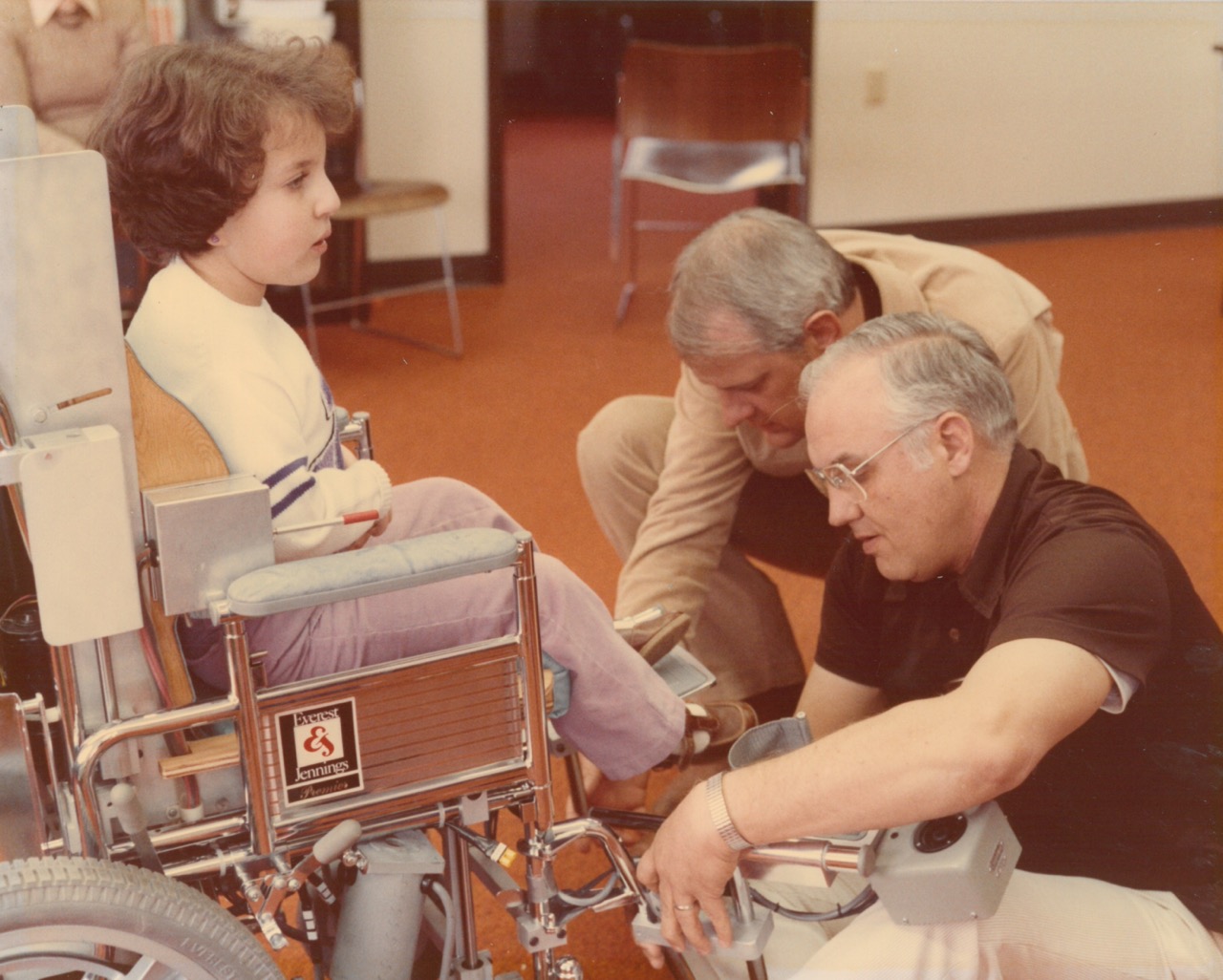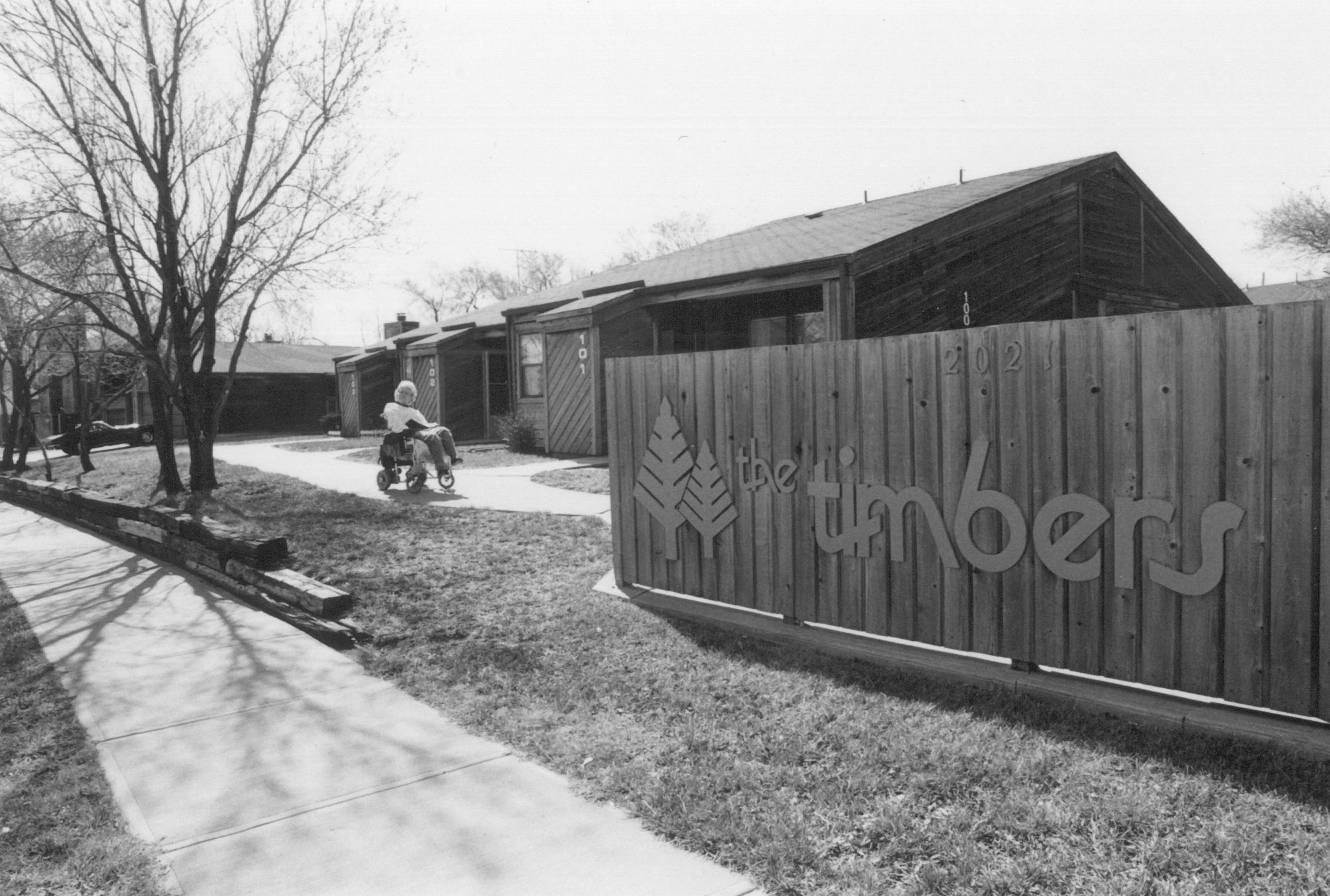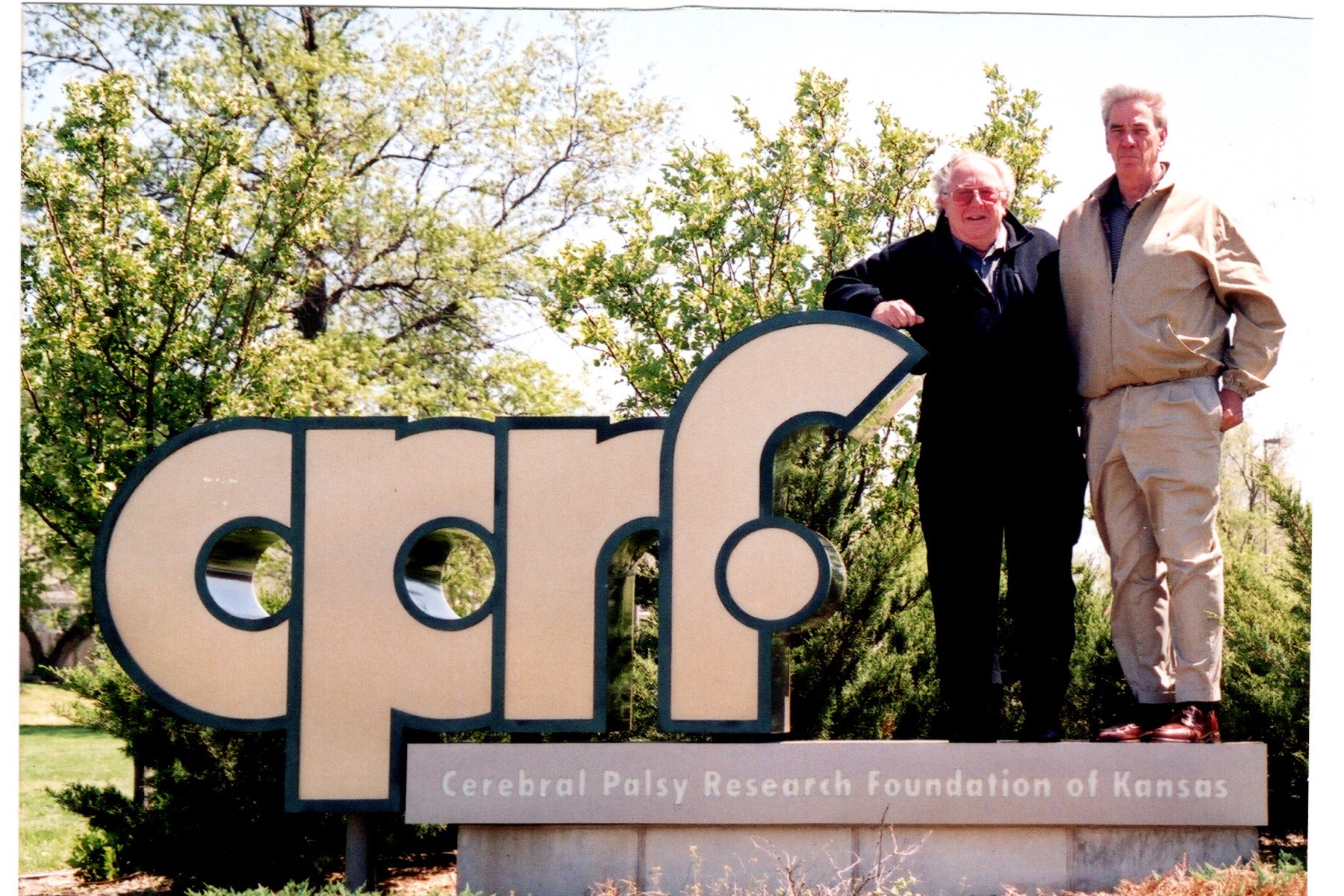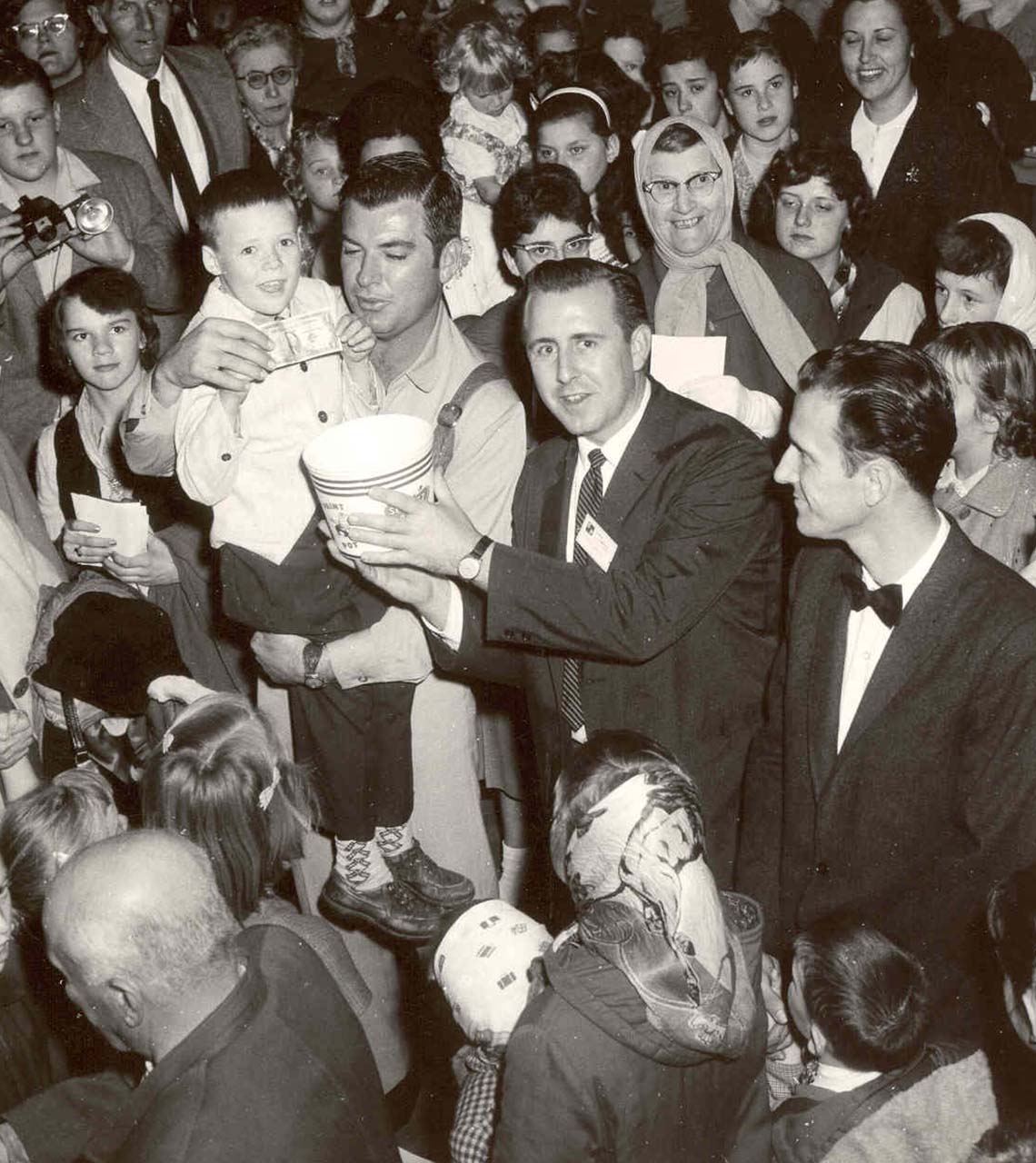1972
John F. “Jack” Jonas Jr. founded CPRF. At this time, his good friend, Dan Carney, signed on as the first Board Chairman.
1975
Jack Jonas opened Center Industries Corporation (CIC), a manufacturing company that hires people with disabilities at competitive wages. The company seeks contracts in the open marketplace, produces goods, and sells them — all while paying its employees a competitive wage with benefits.
Today, with more than 250 employees (nearly half of whom have a physical disability) and diversified manufacturing capabilities, CIC proves that with the proper workspace adaptations, a disability isn’t an employment deal-breaker.
1976
The engineering achievements that made large-scale employment of people with disabilities possible at CIC were fully recognized when CPRF and the College of Engineering at Wichita State became a National Rehabilitation Engineering Center (RERC). It was one of only 16 such facilities in the United States at the time.
The RERC project continued until 1998, receiving its funding through the National Institute on Disability and Rehabilitation Research. The RERC focused on the use of technology in the vocational environment and how it could enhance independence for people with severe physical disabilities at school and home.
The final RERC program consisted of eight projects, including mental workload assessments of individuals using non-standard computer interfacing, physiological capacities for work of people with neuro-physical impairments, and the development of integrated input systems and computer interfaces.
1979
CPRF began construction on The Timbers, the first HUD property in the nation built specifically for wheelchair users.
With 100 fully accessible apartments, The Timbers continues to provide people with independent living and a sense of community. The addition of the Timber Lines Transportation Services also offers accessible transportation, which gives residents a “full circle” service that increases their sense of independence, dignity and community.
